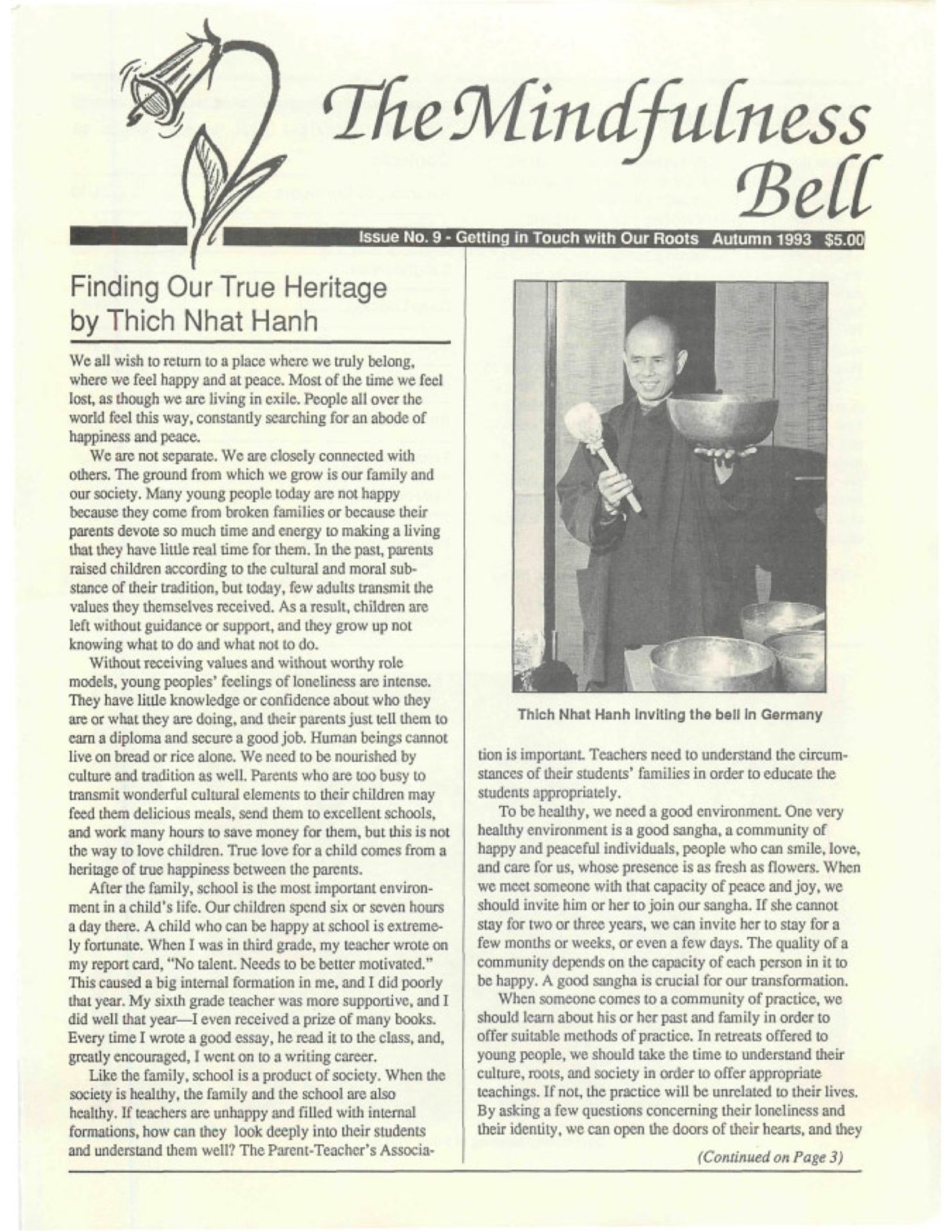By Gene Knudsen-Hoffman
In the stillness is the place from which action comes that heals.
In October 1990, I traveled to Tunisia to talk with Yasser Arafat and other top PLO leaders. I then went to Israel to speak with Israeli peace activists as part of a four-person entourage from the Fellowship of Reconciliation. I went was to listen to both sides of the conflict and to espouse my belief that patience, constant, creative,
By Gene Knudsen-Hoffman
In the stillness is the place from which action comes that heals.
In October 1990, I traveled to Tunisia to talk with Yasser Arafat and other top PLO leaders. I then went to Israel to speak with Israeli peace activists as part of a four-person entourage from the Fellowship of Reconciliation. I went was to listen to both sides of the conflict and to espouse my belief that patience, constant, creative, nonviolent actions can bring about peace.
Today it is easy to see the Palestinians suffering and the injustices they experience. It is not so easy to see the suffering of the Israelis. I feel that many in the American peace movement have taken sides against the Israelis, and consider them brutal, relentless, and unapproachable. I don't believe we've tried to listen to and talk with those Israelis with whom we deeply disagree. Until we are willing to, I do not believe we can make peace.
I have come to see that violence springs from human beings' unhealed wounds, and our attitude towards violent people requires compassion for the people while we stand steadfast against cruel acts. Abuse is passed down from generation to generation, unless there is some kind of therapy to teach new ways of coping with frustration and anger. What is true of individuals can also be true of nations. It is relatively easy to overthrow a government, but far more difficult to oust the internalized oppression which causes us to demonize others. The abuse cycle is not logical. It is a set of totally irrational behaviors based on pain, fear, shame, guilt, and anger.
Unless there is some way to break this cycle, when the Palestinians do get a State, they are just as likely to abuse whatever minorities dwell within their borders because a whole generation of Palestinian children has grown up knowing only the humiliation of military occupation.
Among the ideas we discussed was the creation of a nonviolence training center in East Jerusalem where Israelis and Palestinians could learn the theory and practice of nonviolence and then return to their communities to teach their peers. I especially want to focus on the effects of prolonged conflict on families. My main interest is getting Israeli mothers and Palestinian mothers together to explore what is happening to their kids.
I believe, with Longfellow, that if we could read the secret history of our enemies, we would find in each person's life sorrow and suffering enough to disarm all hostility. If we can see this sorrow and suffering in the lives of those who commit heinous violence, I think whole new dimensions will open for our lives and for peacemaking. We will be released from old limitations and will begin a new era of creative exploration. I am beginning to see peacemaking as a healing process that will bring new power and persuasion to our efforts.
Gene Knudsen-Hoffman is a peace activist in Santa Barbara, California.

